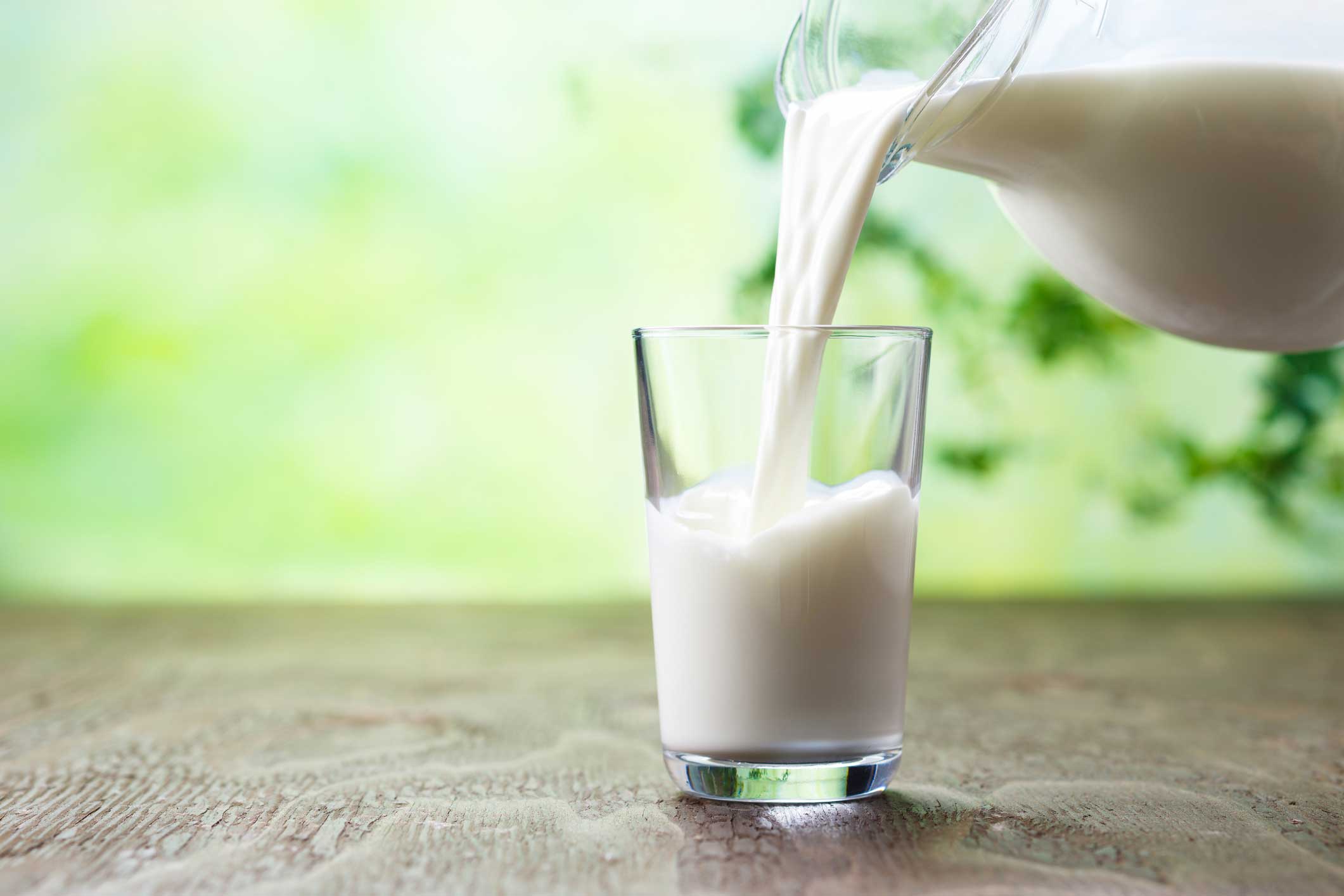Nick Mulcahy
Medscape
Enjoying a tall glass of cold, whole milk on a regular basis is a no-go for men with prostate cancer, advise the authors of a new observational study.
“Men with non-metastatic prostate cancer who choose to drink milk should select non-fat or low-fat options,” conclude the authors, led by June Chan, ScD, a professor of epidemiology and biostatistics and of urology, University of California, San Francisco.
They found that whole milk consumption after a prostate cancer diagnosis was tied to an increased risk for recurrence, particularly among overweight men.
However, an expert not involved in the study disagrees with the authors’ conclusion about milk, citing insufficient evidence.
The new study was published online Nov. 6 in The Prostate.
This was a prospective study among 1334 men with nonmetastatic disease participating in the Cancer of the Prostate Strategic Research Endeavor (CaPSURE). Participating men answered a food questionnaire in 2004-2005 (a median of 2 years after their diagnosis). They were followed until 2016 for post-treatment recurrence.
The median follow-up was 8 years. During that time, there were 137 recurrence events, which included biochemical recurrence, metastases, and prostate cancer–related deaths.
Dr. Chan and colleagues found that men who were regular milk drinkers (more than 4 servings a week) had about an 80 percent increased risk for recurrence compared with infrequent milk drinkers (0 to 3 servings a month; hazard ratio [HR], 1.73; P = .04).
When the researchers looked at the men according to different body mass indexes (BMIs), they found that those who were very overweight and obese had a much greater risk and that the risk disappeared among normal-weight men.
Among the big men (BMI > 27 kg/m2), regular whole milk consumption was associated with a 3-fold higher risk for recurrence when compared with infrequent consumption (HR, 2.96; P < .001).
On the other hand, no tie between milk-drinking frequency and recurrence risk was seen in men with BMI below this cut-point.
Notably, the authors say that the statistically significant interaction between whole milk consumption and BMI may be due to chance.
Medscape Medical News asked Dr. Chan if her team’s recommendation for men with prostate cancer to avoid whole milk was perhaps a bit over-restrictive, given the uncertainty about the findings.
“The recommendation that men try to switch to non- or low-fat milk is not solely based on our data or this one study, but was intended to be a broader public health recommendations to consume low-fat dairy products, to minimize saturated fat intake for general health,” explained Dr. Chan.
This is in line with recommendations for the prevention of heart disease, which remains the main cause of death in the United States, including for men diagnosed with prostate cancer, she pointed out.
However, a prostate cancer expert had a different take on the study’s conclusion.
“I don’t think based upon these data we should tell men to avoid whole milk,” said Stephen Freedland, MD, co-director, Cancer Genetics and Prevention Program, Samuel Oschin Comprehensive Cancer Institute at Cedars-Sinai Medical Center in Los Angeles, California. “I am hesitant to translate observational studies into direct patient advice,” he told Medscape Medical News.
Dr. Freedland explained that “perhaps to avoid whole milk, men will drink more orange juice, which is high in sugar, which some studies suggest is bad for prostate cancer.”
People often consume milk with other foods, he also pointed out: “Perhaps this was related to men eating sugary cereal with their milk and was unrelated to milk intake. Perhaps it is the milk. The point is, we don’t know.”
For more information on prostate cancer, click here.

